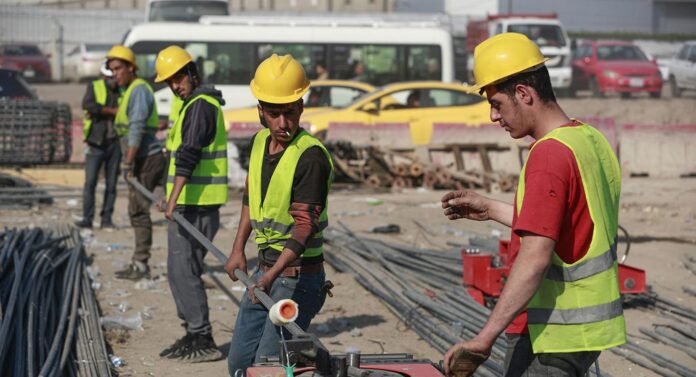Iraq’s government and the Kurdistan Regional Government (KRG) met in Baghdad this week. They finalized plans for Iraq’s Development Road. Moreover, officials described the initiative as a cornerstone for Iraq’s economic growth and regional integration.
Deputy Prime Minister and Planning Minister Mohammed Ali Tamim emphasized that Iraq’s Development Road will complement global trade networks. He added that it will not compete with them. Furthermore, he explained the project will operate under federal oversight, with revenue distributed according to Iraq’s constitution. In addition, the government is exploring the creation of an independent federal body to manage the initiative effectively.
Meanwhile, KRG Transport and Communications Minister Ano Jawhar Abdoka hailed the road as a long-awaited Iraqi vision. He also highlighted the KRG’s commitment to ensuring the route achieves maximum economic impact. In particular, officials discussed potential routes through Kurdistan. They also planned the crossing point into Turkiye. Additionally, they explored connecting Iraq’s cities via road and rail. Importantly, much of the path will avoid city centers to minimize land displacement and accelerate construction.
Earlier, in April 2024, Iraq signed a four-party agreement with Turkiye, the UAE, and Qatar to launch the project. This agreement secured joint support and aligned planning under the oversight of Prime Minister Mohammed Shia al-Sudani and Turkish President Recep Tayyip Erdogan.
The Iraq’s Development Road project spans 1,200 kilometers from Basra to Turkiye. Specifically, it combines a modern highway and an electric railway, costing an estimated $17 billion. Of this total, $6.5 billion will fund road construction, while $10.5 billion supports the railway. Moreover, officials plan to implement the project in phases: the first stage by 2028, the second by 2033, and full completion by 2050.
Consequently, construction is expected to create 100,000 jobs in the early phase and potentially one million once the project is fully operational. In addition, experts project significant economic benefits, ranging from reduced transportation costs to improved trade efficiency with neighboring countries.
With careful planning and cooperation between Baghdad, Erbil, and international partners, Iraq’s Development Road could become a symbol of unity and economic transformation. Therefore, the initiative not only strengthens Iraq’s internal infrastructure but also positions the country as a strategic hub for regional commerce.


